Dental Bridges vs. Dentures: What’s the Difference?

Introduction to Dental Bridges and Dentures
When it comes to replacing missing teeth, dental bridges and dentures are two of the most common options available. Both offer solutions for restoring smiles and maintaining oral health, but they come with distinct differences in terms of application, cost, and longevity. Understanding these differences is crucial for anyone looking to make an informed decision about oral health restoration.
Understanding the Core Differences

Roles and definitions of dental bridges and dentures
Dental bridges and dentures serve distinct purposes in restorative dentistry. Dental bridges are fixed solutions designed to replace one or more missing teeth by anchoring to adjacent healthy teeth. This offers enhanced stability and a natural feel, allowing for effective functioning such as chewing and speaking.
On the other hand, dentures are removable prosthetic devices that can replace either a full arch of teeth or just a few missing teeth. They are generally more affordable, making them a viable option for individuals concerned about costs. However, dentures may require more frequent adjustments and replacements due to their nature and wear over time.
Comparison of permanency and removability
One of the biggest differences between the two options lies in their permanency. Dental bridges are non-removable and are designed for long-term use, conserving their integrity for 5 to 15 years, depending on care and individual circumstances.
Conversely, partial dentures are removable appliances that must be taken out for cleaning and typically need to be worn during the day. They are less stable than bridges and can affect speech and eating until the patient adapts. Thus, for those seeking a more permanent choice, dental bridges are often favored.
Implications on oral health
When considering oral health implications, dental bridges may require some enamel removal from healthy adjacent teeth, which could increase their susceptibility to future dental issues. In contrast, partial dentures do not impose alterations on existing teeth, but they can lead to other problems such as discomfort and adjustment issues.
In summary, while both bridges and dentures can restore functionality and improve aesthetics after tooth loss, the choice between them should be guided by factors like oral health, personal preference, and how they fit within one’s budget.
Cost Considerations and Financial Implications

How do the costs of bridges compare to dentures?
The financial aspect of dental solutions often influences patient decisions significantly. Generally, dentures are far more budget-friendly than dental bridges. For example, a full set of dentures can cost around $300 to $1,000, while dental bridges typically range from $2,000 to $9,500. This price varies based on the complexity of the case and the materials chosen.
While partial dentures start from approximately $650, dental bridges usually incur higher costs due to the required dental work and permanence offered. Thus, if patients prioritize stable and long-lasting solutions, bridges may justify their higher price, lasting about 5 to 10 years on average.
What factors affect the price range?
Several factors contribute to the overall cost difference:
- Material Choices: Bridges can be made of various materials, including porcelain and gold, with porcelain being aesthetically pleasing but sometimes pricier.
- Dental Expertise: The experience and geographic location of the dentist can influence costs.
- Complexity of Treatment: The extent of dental work needed, such as multiple bridges versus simple dentures, can significantly affect pricing.
What are the long-term financial implications?
Investing in dental solutions should also be viewed through a long-term lens. Although dentures tend to be less expensive initially, they might require replacement every 7 years. In contrast, while bridges need a significant upfront investment, they can last longer with proper maintenance, potentially offsetting their cost.
In summary, when choosing between dentures and bridges, it's essential to assess individual needs, budget constraints, and the longevity of each option to make the most informed decision.
Advantages of Permanent Solutions

What is the advantage of a permanent bridge over a removable partial denture?
The advantage of a permanent bridge over a removable partial denture lies primarily in its stability and comfort. Fixed bridges are securely anchored to surrounding natural teeth or dental implants, providing a more permanent solution that mimics the function of natural teeth. Unlike removable partial dentures, which can shift and feel bulky in the mouth, bridges remain in place. This stability allows for better biting functionality and ease of use.
Comparative comfort and aesthetics
Bridges offer enhanced comfort as they do not have the same adjustment period that many experience with partial dentures. While partial dentures can sometimes interfere with speech and eating due to their removable nature, fixed bridges are designed to match the aesthetics of natural teeth, blending seamlessly for a more natural appearance. This is particularly appealing for individuals concerned with their smile’s appearance and seeking a lifelike solution.
Long-term use and maintenance
In terms of longevity, dental bridges are intended for long-term use, often lasting between 5 to 15 years or more with proper dental care. Maintaining a bridge typically involves regular brushing and flossing, plus routine dental check-ups to ensure it remains in good condition. In contrast, removable partial dentures require nightly removal for cleaning and can become less effective over time due to changes in jawbone structure. With a fixed bridge, there's no need for nightly removal, making it a convenient option for ongoing maintenance.
| Characteristics | Removable Partial Dentures | Fixed Bridges |
|---|---|---|
| Stability | Less stable, can shift | Permanently anchored |
| Comfort | May require adjustment, bulky | Generally more comfortable |
| Aesthetics | Visible clasps, may not blend well | Seamlessly blends with natural teeth |
| Longevity | Usually 5-10 years | Lasts 5-15 years or more |
Making the Decision: Comfort and Practicality

Initial Comfort and Adaptation Period
When switching to partial dentures or bridges, patients often experience an adaptation period. Partial dentures, being removable, may require some time to get comfortable as users learn how to eat and speak with them. Many individuals adapt relatively easily, but others might find these appliances initially challenging due to their less secure fit compared to fixed bridges. Conversely, bridges generally do not require a significant adjustment period since they are permanently attached and provide stability from the start.
Maintenance Routines
The maintenance of these dental options differs significantly. Partial dentures must be removed daily for thorough cleaning, which can be a bit cumbersome. Patients need to ensure they follow a specific cleaning routine to avoid bacteria buildup. In contrast, while bridges can be brushed just like natural teeth, special care must be taken to clean under the pontics, as standard brushing won't effectively remove food particles or plaque in that area. Flossing can also be tricky and usually requires special tools.
Durability and Lifespan
In terms of durability, dental bridges typically last 10 to 15 years with proper care, making them a robust investment in dental health. Partial dentures, however, often have a shorter lifespan of about 5 to 7 years and might require replacement as they can wear out and lose their fit over time.
Considerations forChoosing Between a Bridge and a Denture
When deciding between a bridge and a denture for tooth replacement, several factors should be considered. Bridges offer a fixed, permanent solution that relies on adjacent teeth for support and typically lasts 10–15 years with proper care, but they require some alteration of the supporting teeth. In contrast, partial dentures are removable, often less expensive, and can replace multiple missing teeth in various areas, though they generally last only 5 to 7 years. Comfort, maintenance needs, and aesthetic preferences also play significant roles, as dentures need to be removed for cleaning and can be less secure than fixed options like bridges. Ultimately, the choice depends on individual oral health conditions, the position of missing teeth, and personal lifestyle considerations.
When Dentures Are the Better Option

Situations Favoring Dentures
Dentures can be particularly useful for individuals who have lost multiple teeth across various locations. They offer a viable replacement solution when patients either do not have sufficient healthy teeth to anchor a bridge or are concerned about the costs involved. The affordability of dentures ranges from $300 to $1,000, positioning them as the most cost-effective option for many.
Consideration of Invasiveness
One significant advantage of dentures is that they do not require the alteration of healthy teeth. Unlike dental bridges, which necessitate removing some enamel from adjacent teeth to ensure a proper fit, dentures can help preserve overall dental health while providing a functional restoration. This non-invasive aspect makes dentures an attractive choice for those wary of dental procedures or who prefer a less intensive approach to tooth replacement.
Living with Dentures vs. Bridges
While dentures provide a full-looking smile, they may come with an adjustment period that some users may need to navigate. Despite being less stable than fixed solutions like bridges, many find the flexibility of removable dentures convenient since they can be removed for cleaning. In contrast, bridges, while offering more stability, are permanently anchored and do not allow for the same level of maintenance convenience. Ultimately, for patients with a limited budget or those seeking a quick and less invasive fix, dentures can be a practical and beneficial solution.
| Comparison Factors | Dentures | Dental Bridges |
|---|---|---|
| Cost | $300 - $1,000 | $2,000 - $5,000 |
| Invasiveness | Non-invasive, no alteration of healthy teeth | Requires enamel removal from adjacent teeth |
| Stability | Less stable, removable | More stable, non-removable |
| Adjustment Period | Possible initial discomfort | Minimal adjustment needed |
| Cleaning | Removed for cleaning | Cleaned in place, more complicated |
Making an Informed Decision
When choosing between dental bridges and dentures, the decision hinges on individual needs, oral health status, and financial considerations. Bridges provide a permanent, stable solution for smaller gaps and are often preferred for their durability and natural look, while dentures offer a cost-effective, less invasive method for replacing multiple teeth. Ultimately, discussing options with a dental professional will ensure the best choice for maintaining your oral health and achieving a confident smile.
References
- A Dental Bridge vs Dentures — Which Is Better?
- Bridges and partial dentures - Oral Health Foundation
- A Dentist's View: Dentures vs Bridges vs Dental Implants - VCCID
- What's the Difference Between a Bridge and Dentures?
- Your Guide to Dental Bridges vs. Partial Dentures
- 4 Easy Ways to Decide Between a Dental Bridge, Implants or Dentures
- Difference Between Partial Dentures and Dental Bridges
- Why Choose A Fixed Bridge Instead Of Removable Dentures
- Implants vs. Dentures & Bridges - AAID-Credentialed Dentists






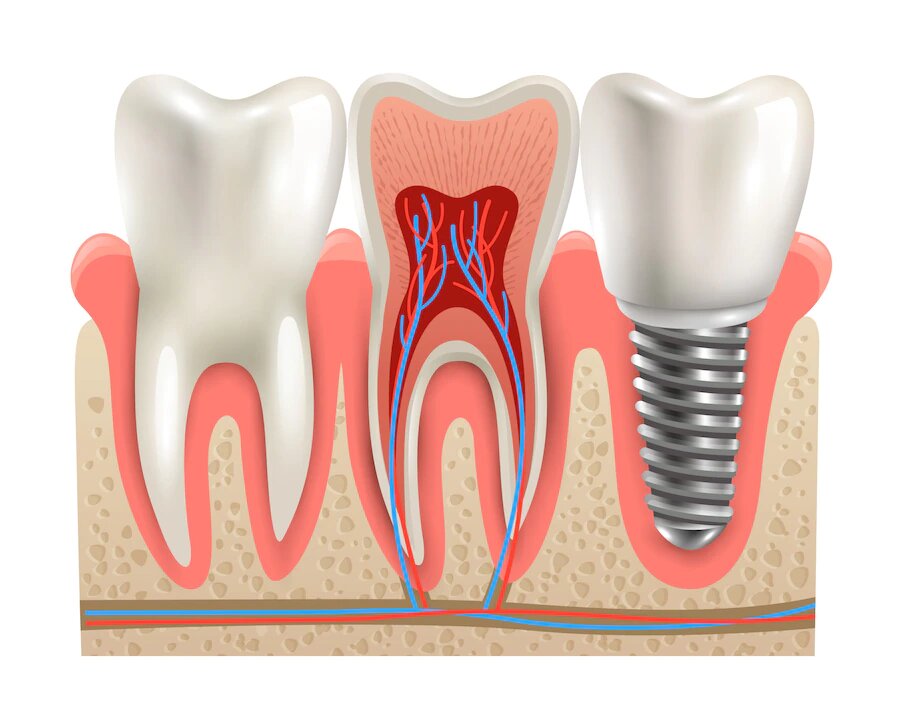










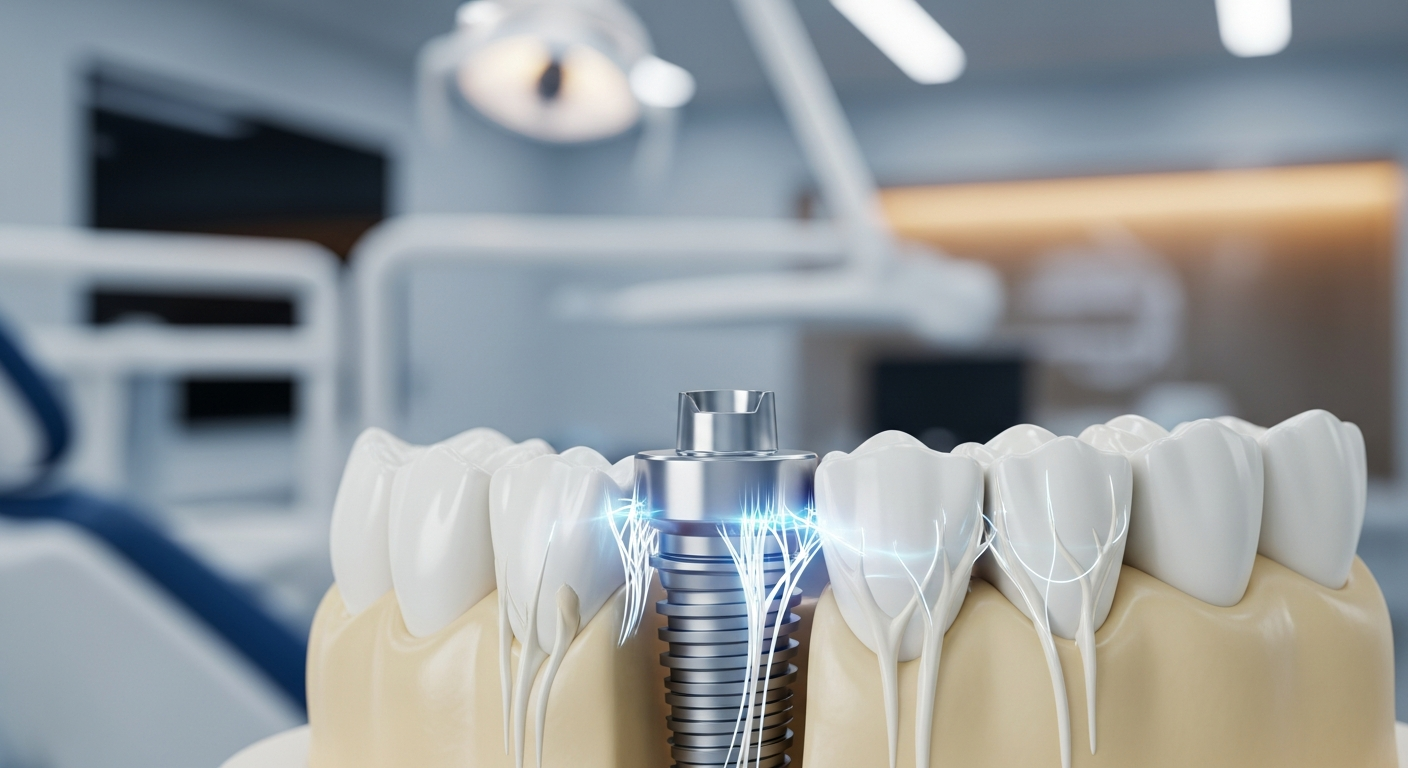






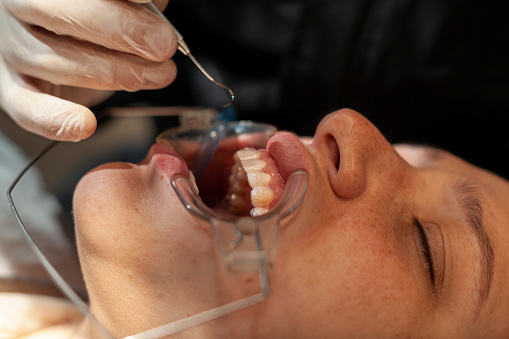

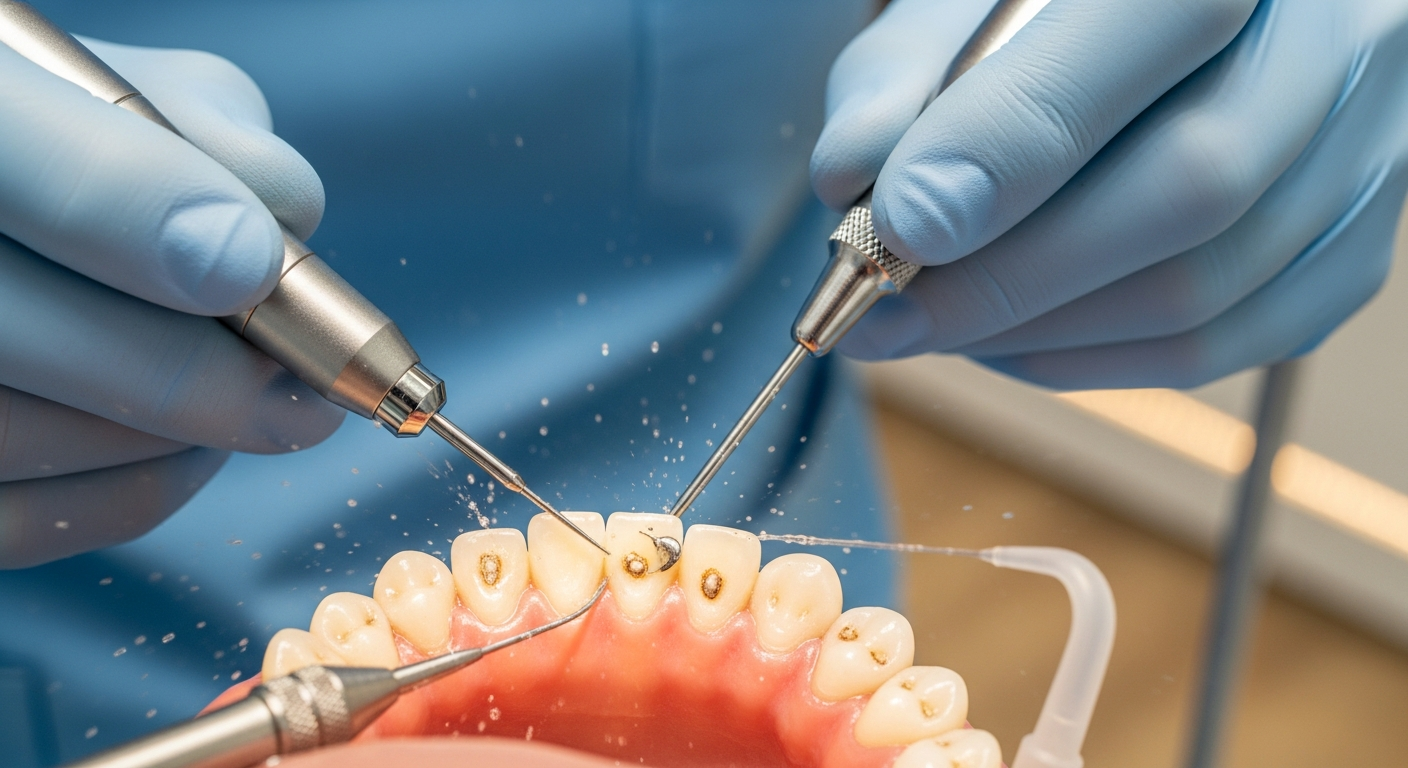


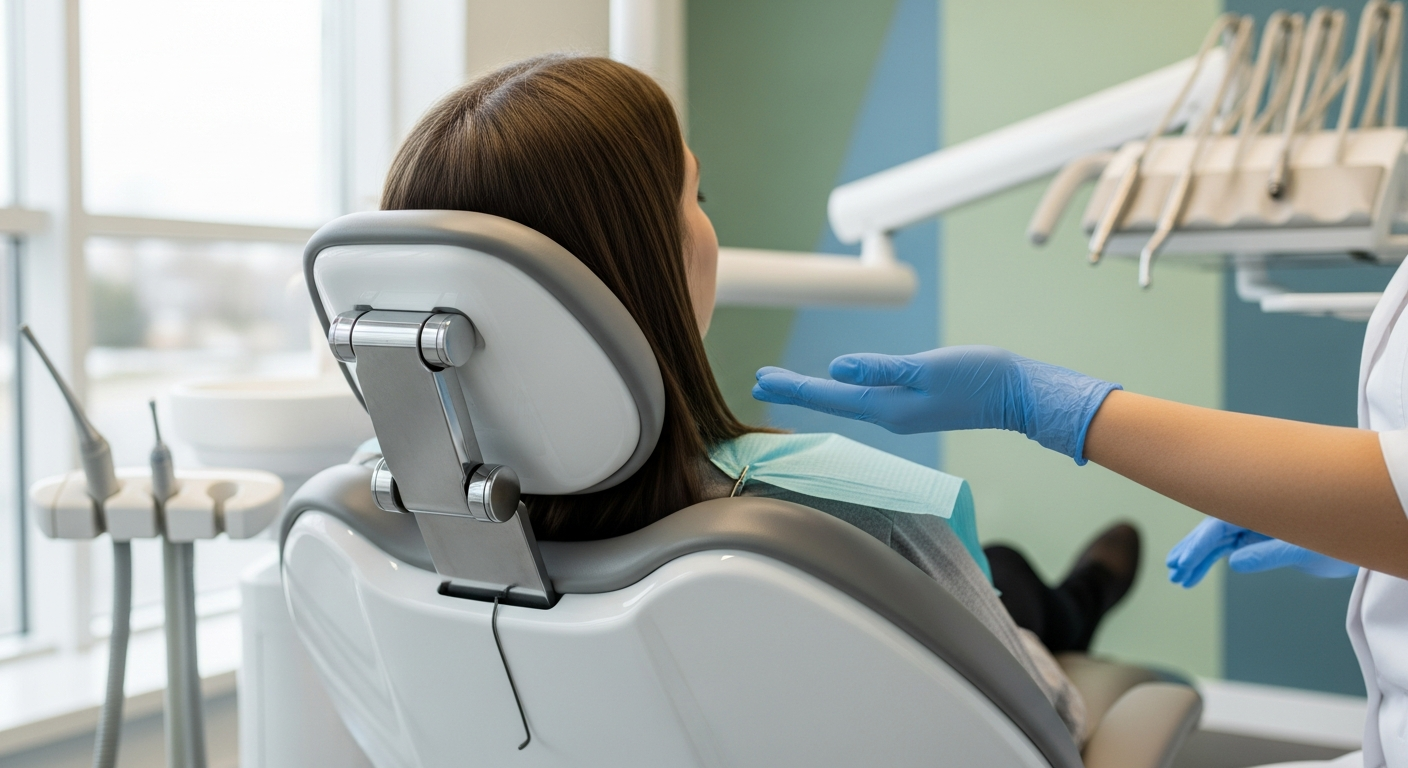


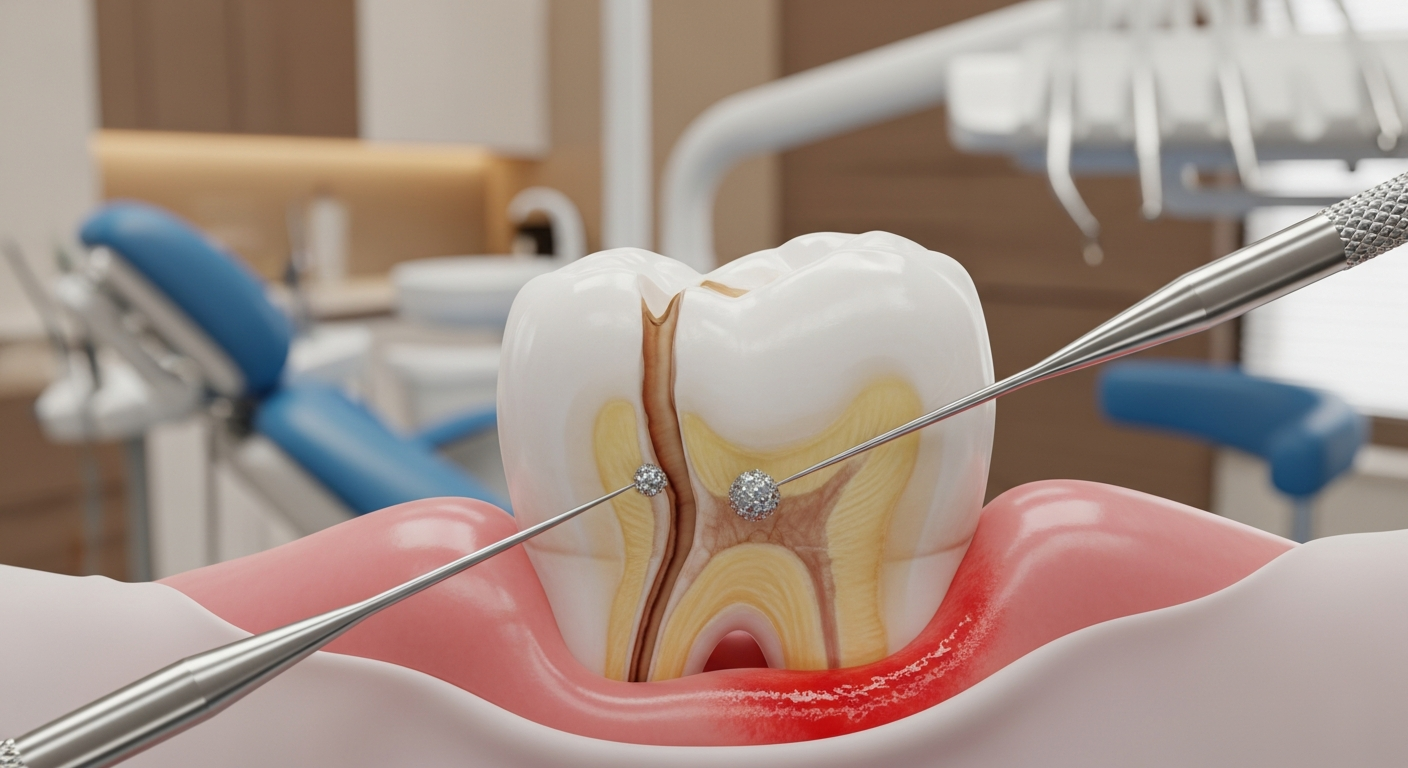




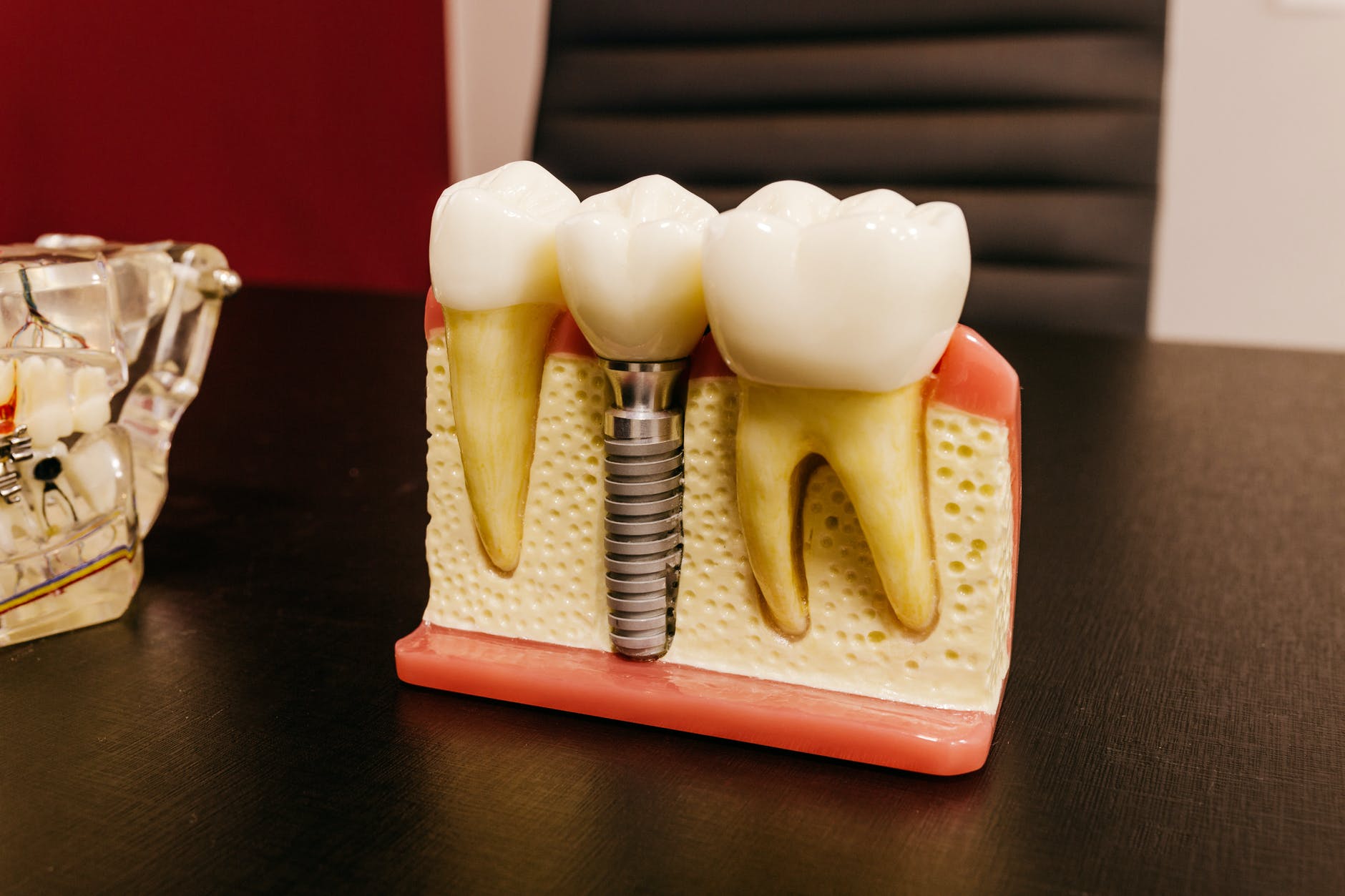


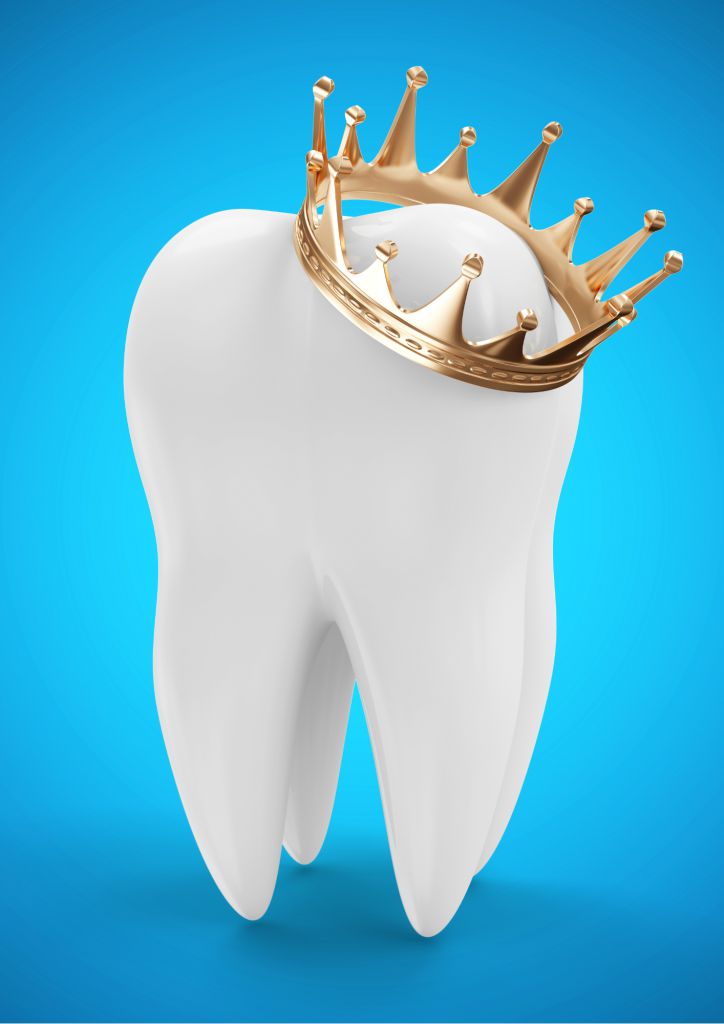







.avif)


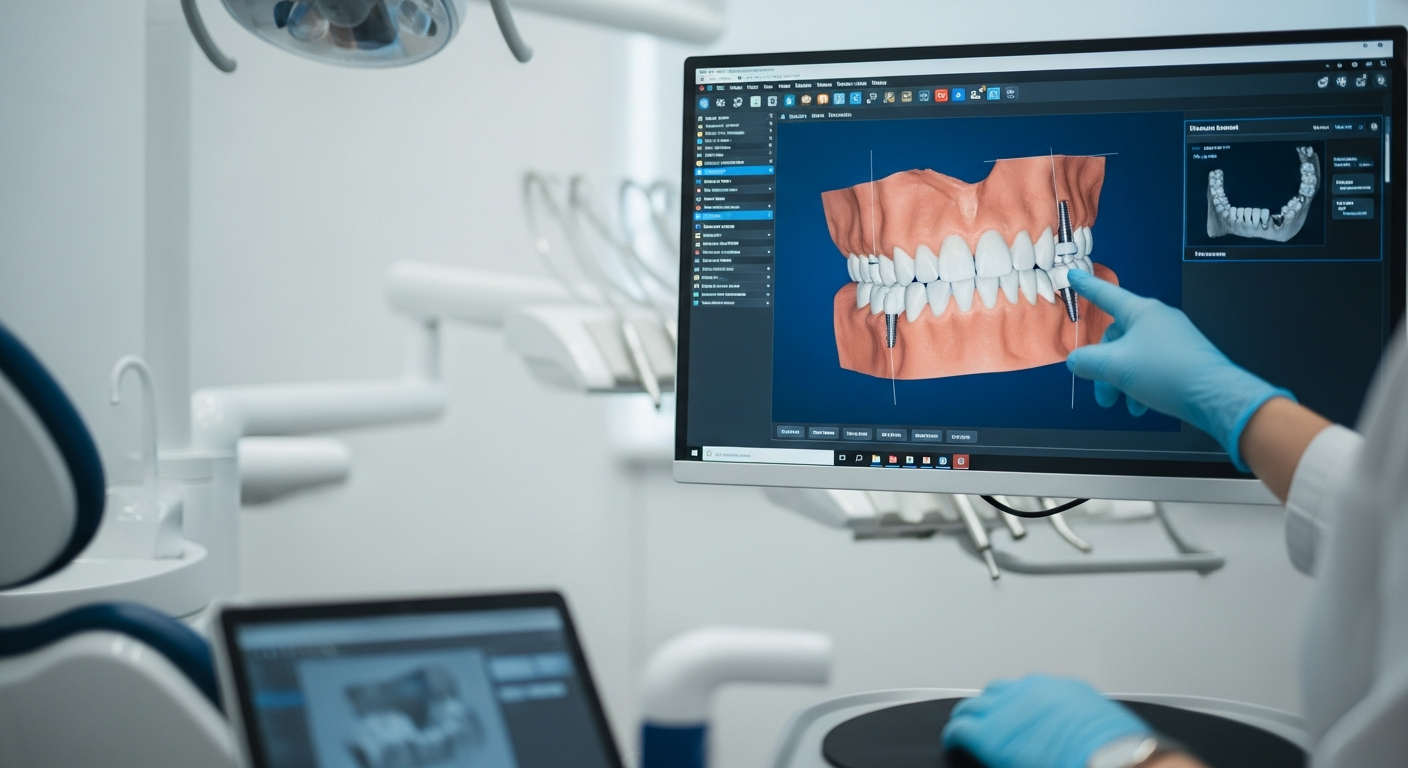




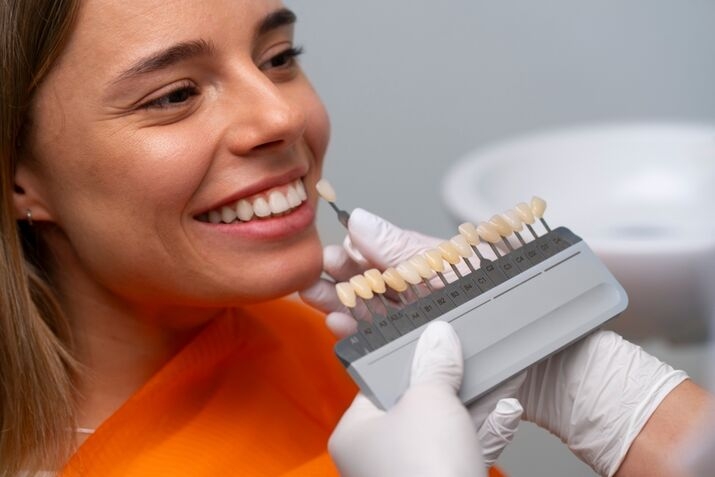
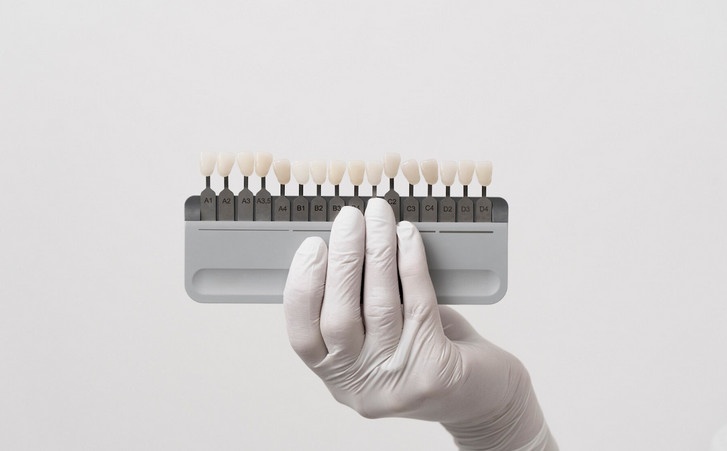

.jpg)


















.avif)


















.jpg)



